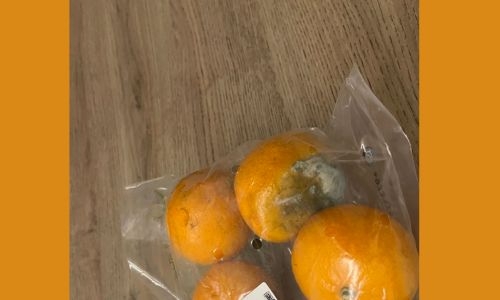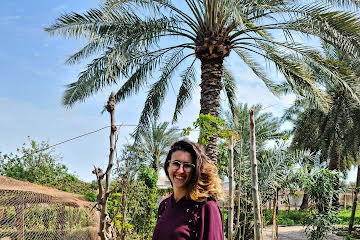Poor quality of fruits and vegetables continue to frustrate consumers in Bahrain
TDT | Manama
The Daily Tribune – www.newsofbahrain.com
Report by Julia Cassano
Customers in Bahrain continue to be frustrated by the poor quality of fruits and vegetables supplied in stores in recent months.
The Daily Tribune reported last month that people complained about fresh produce getting mouldy after a few days.
However, the problem has grown increasingly visible as customers have reported receiving rotting fruit after buying fresh food through delivery apps.
A client claimed that they had received bad vegetables on many occasions when shopping from online grocery outlets.
"I received a bag of rotten oranges in one order and a mushy bag of white onions in another.
Both were discarded," she explained. According to Roots and Shoots farm manager Andrea Puciarelli, when fresh food is brought in from cooler regions and then arrives in hot conditions like Bahrain, the duration for which the produce will remain in mint condition could be reduced.
Go Local
Local farmers markets are no longer people's first option for buying fruits and vegetables in the modern era since access to the internet is simpler than ever. Many people prefer convenience over quality, so they get their weekly groceries through delivery apps.
According to the most recent data, over 2.5 billion individuals globally used meal delivery services last year, with that figure predicted to rise to 2.85 billion this year.
Meanwhile, Andrea noted that eating locally meant eating in season, which not only assures better-quality produce but also represents a direct local investment.
Local farmers labour diligently, especially in the face of uncertain weather patterns and climate change, which have a negative influence on agricultural production methods.
Reality
The local farmer presented a more realistic view of the realities of local farming. She disclosed that many large stores in Bahrain and abroad acquire their goods from local farmers, but they impose a "sale return."
"For example, many large supermarkets will purchase 20kg of prime tomatoes from local farms but only sell 10kg."
"If they do not sell the 10kg of tomatoes, they will return them and only pay for the half that they have sold," Andrea stated. In fact, she characterised the tomatoes as "mushy" at this stage.
Furthermore, while acquiring products from local farmers, as big businesses raise the costs for their customers.
She pointed out that they will buy tomatoes from the farmer for 200 fils a kilogramme but sell them for 800 fils.
"These are significant reasons why Roots and Shoots and other local farmers do not sell to big supermarkets."
When voicing her frustration on the matter, she voiced the benefits of buying locally. "Buying locally ensures a high quality of food, as it’s directly grown and harvested from the ground in the Kingdom," she said.
Related Posts


